How Long Does 5mg Of Thc Stay In Your System
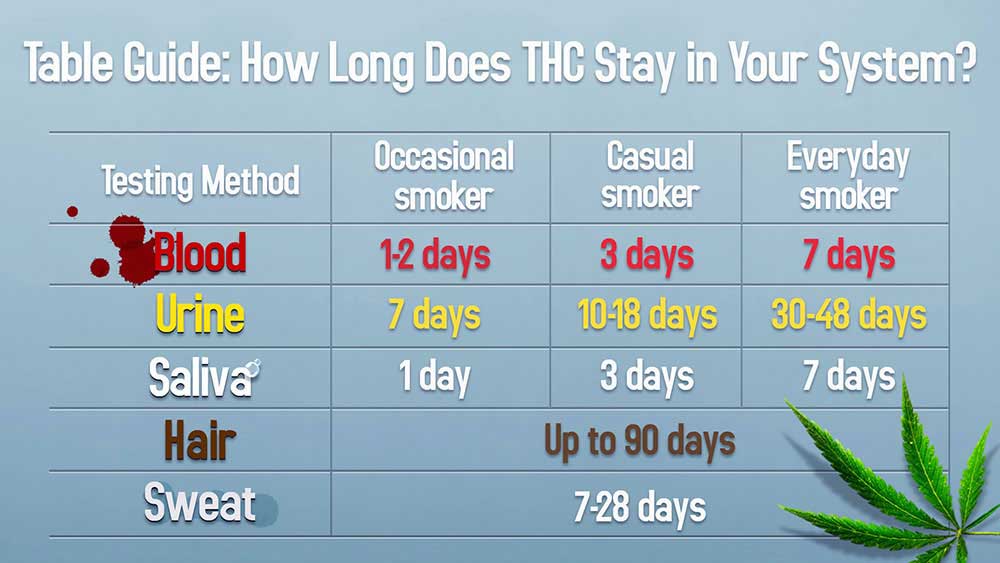
For individuals considering cannabis use, especially those in professions subject to drug testing or those simply curious about its effects, a common question arises: How long does 5mg of THC, the psychoactive compound in cannabis, stay detectable in the body?
The answer, however, isn't straightforward. This article explores the various factors influencing THC detection times, drawing on scientific literature and expert insights to provide a comprehensive overview.
Understanding THC Metabolism and Detection
The duration THC remains detectable depends on a multitude of factors, including frequency of use, metabolism, body fat percentage, hydration levels, and the sensitivity of the testing method.
It is important to note that 5mg represents a relatively low dose, often associated with microdosing strategies that aim to achieve therapeutic benefits without significant psychoactive effects. However, even small amounts of THC can be detected by certain tests.
After ingestion, THC is metabolized by the liver into various metabolites, primarily THC-COOH. This metabolite is stored in body fat and gradually released into the bloodstream, where it can be detected by various drug tests.
Detection Windows: A Variable Landscape
Different drug testing methods have varying detection windows for THC-COOH. These windows depend on the test’s sensitivity, measured by its cutoff level (the concentration of THC-COOH required for a positive result). The lower the cutoff level, the more sensitive the test.
Urine tests are the most common method for detecting THC. For infrequent users (those who consume cannabis less than twice a week), THC can typically be detected in urine for 1-3 days after the last use.
For moderate users (several times a week), the detection window may extend to 7-21 days. Heavy, chronic users may test positive for up to 30 days or even longer.
Blood tests have a shorter detection window, typically ranging from a few hours to a few days after use. Blood tests primarily detect the presence of active THC, rather than its metabolites.
Saliva tests also have a relatively short detection window, generally detecting THC for up to 24-72 hours after use. Like blood tests, saliva tests are more likely to detect recent cannabis use.
Hair follicle tests have the longest detection window, potentially detecting THC for up to 90 days or even longer. However, hair tests are less commonly used for cannabis detection, and results can be influenced by external contamination.
Factors Influencing Detection Times
As stated above, the frequency and dosage of cannabis use are significant determinants of detection times. Frequent users accumulate higher levels of THC-COOH in their body fat, leading to longer detection windows.
Metabolism plays a crucial role. Individuals with faster metabolisms process and eliminate THC more quickly, reducing the detection window.
Body fat percentage is also a factor, because THC-COOH is stored in fat cells. Individuals with higher body fat percentages may retain THC-COOH for longer periods.
Hydration levels can temporarily affect THC concentrations in urine. Dehydration can lead to more concentrated urine, potentially increasing the likelihood of detection.
Exercise might also influence THC levels. Some studies suggest that exercise can release THC stored in fat cells into the bloodstream, potentially causing a temporary increase in THC levels.
Individual genetic variations and liver function can also influence the rate at which THC is metabolized.
The Importance of Context
It's vital to consider the context in which drug testing is conducted. Workplace drug testing policies often have specific cutoff levels and procedures.
Medical cannabis patients should be aware of how their medication may interact with drug testing requirements, particularly if their employment is subject to such testing.
Individuals facing legal proceedings should seek legal counsel to understand the implications of drug test results.
Furthermore, it’s important to be aware of the potential for false-positive results, which can occur due to cross-reactivity with other substances or errors in the testing process. Confirmation testing using more specific methods, such as gas chromatography-mass spectrometry (GC-MS), is often used to confirm initial positive results.
Conclusion
Predicting the exact duration THC will remain detectable after a 5mg dose is challenging due to the multitude of influencing factors. While a single 5mg dose is likely to be detectable for a shorter period compared to regular use, individuals should still exercise caution, particularly if they are subject to drug testing.
Understanding the factors influencing THC detection times and the limitations of different drug testing methods can help individuals make informed decisions about cannabis use and its potential consequences.
Ultimately, individuals should consult with medical professionals and legal experts for personalized advice regarding cannabis use and drug testing policies in their specific circumstances.


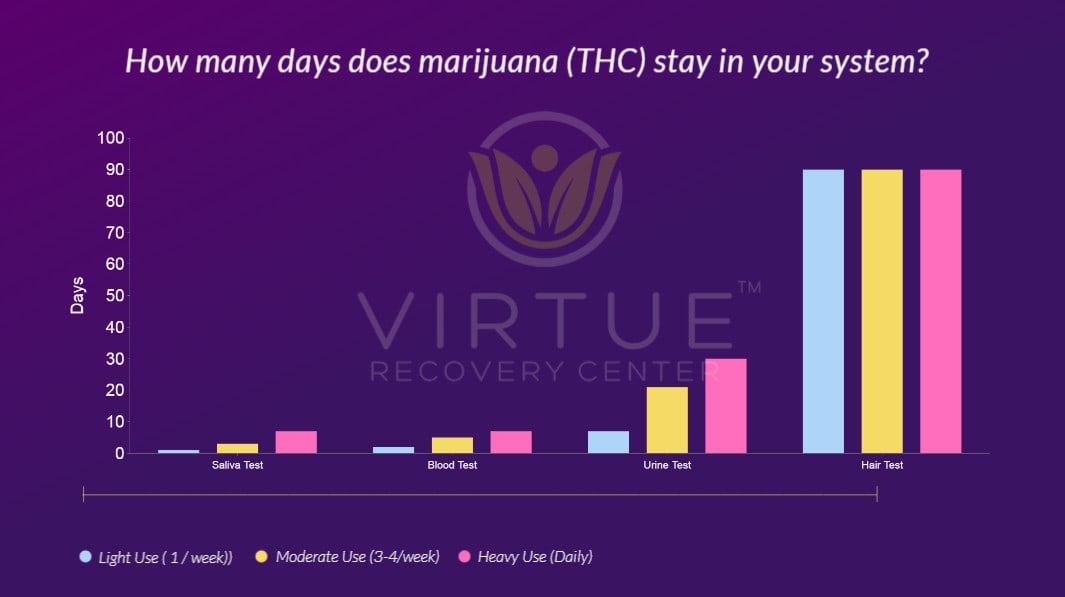




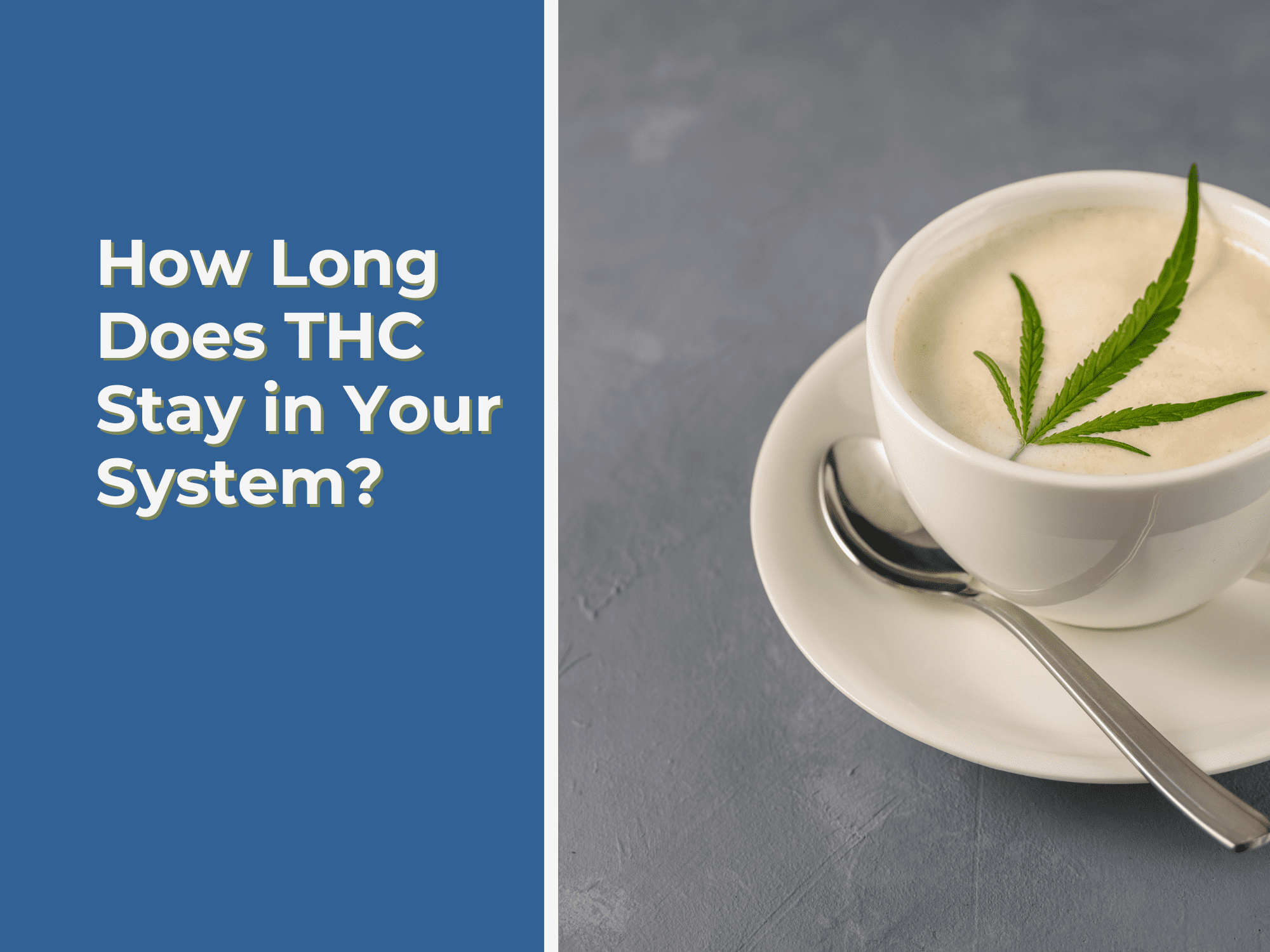




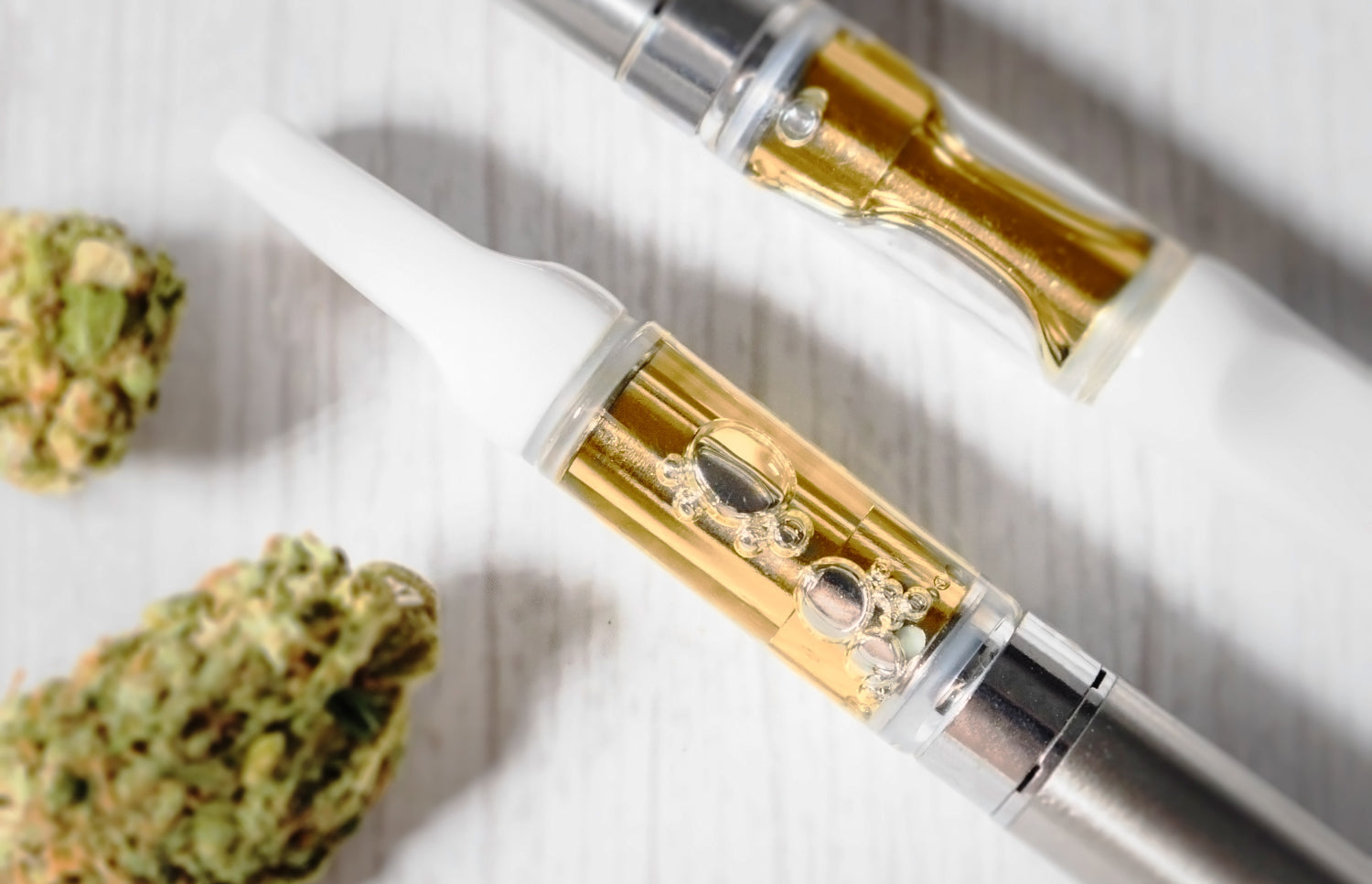

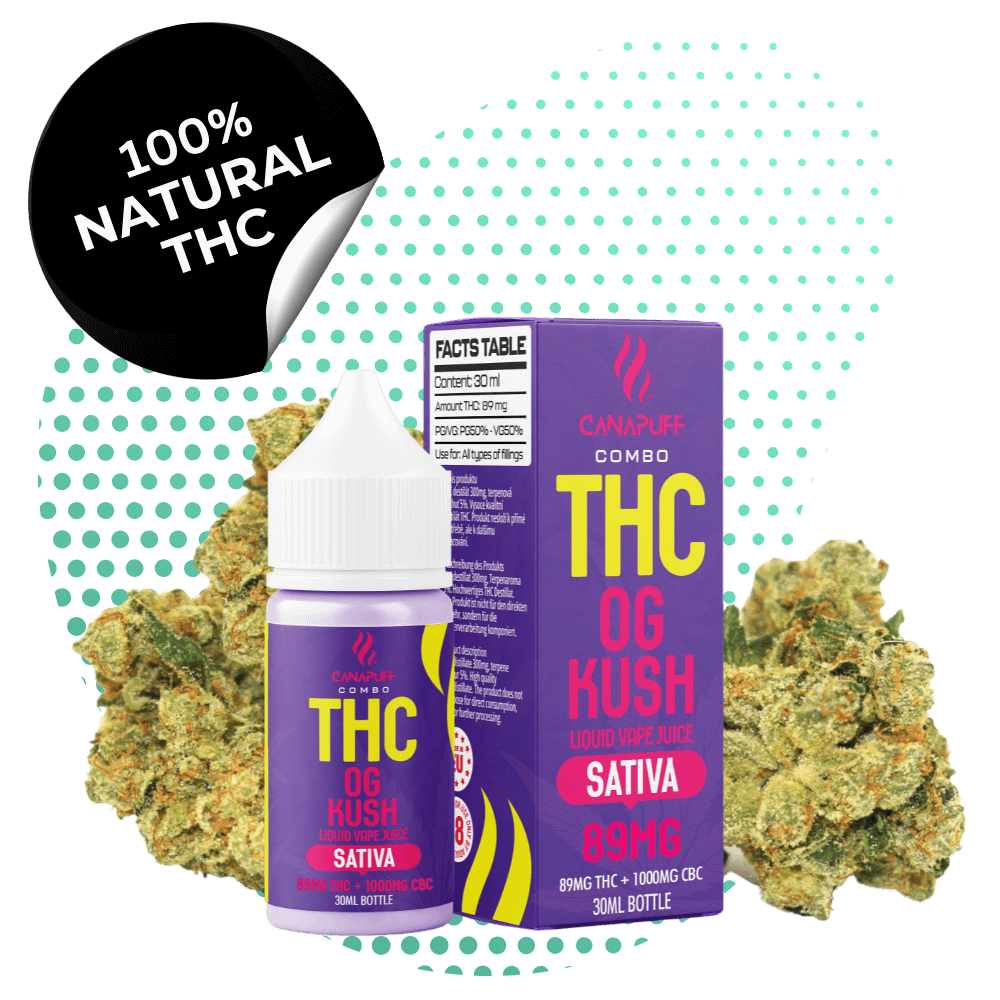

![How Long Does 5mg Of Thc Stay In Your System How Long Does Marijuana Stay in Your System [UPDATED 2022]](https://mdphds.org/wp-content/uploads/2021/06/how-long-weed-stay-in-your-system.png)

